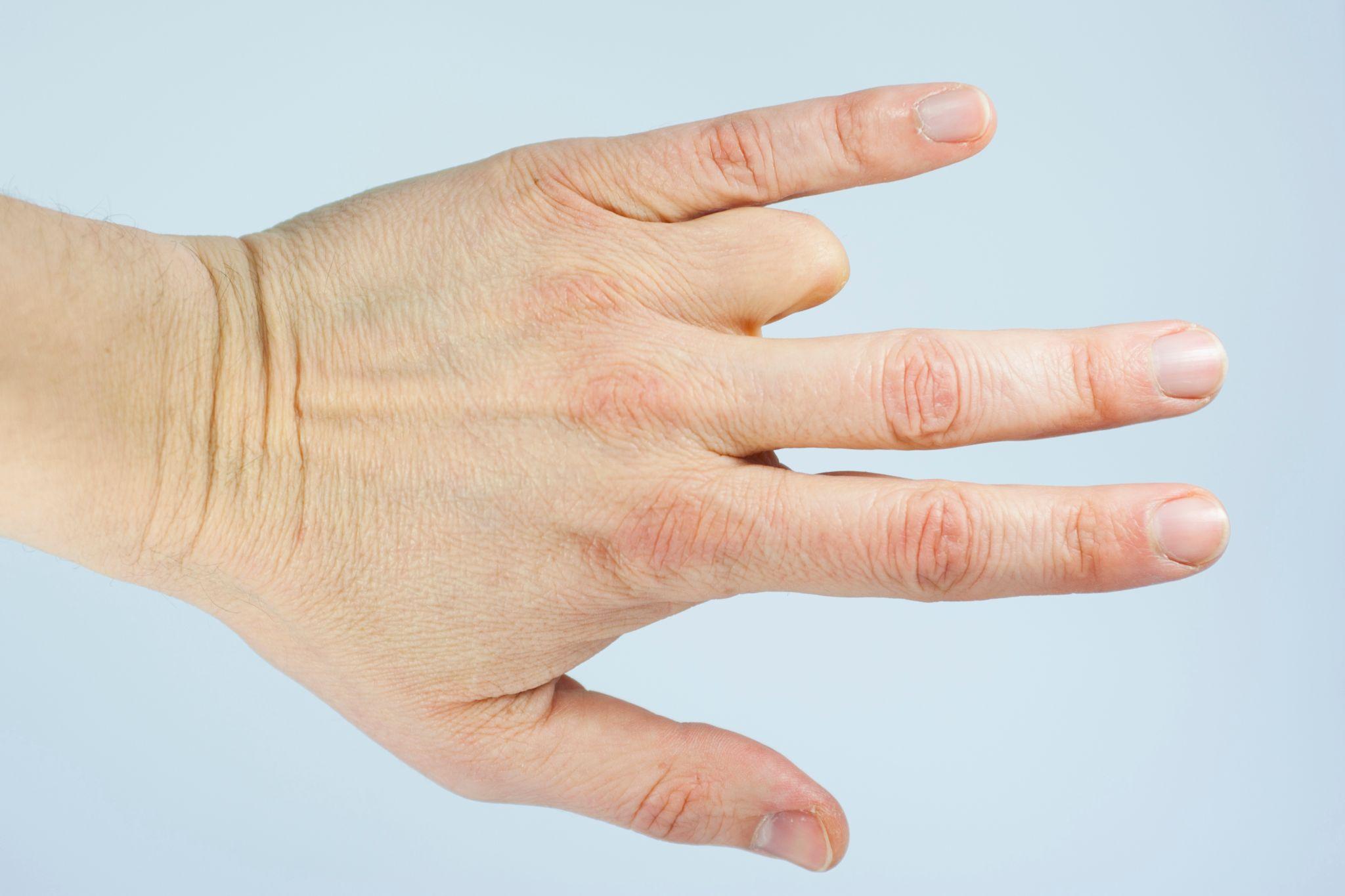
Blog
Maritime Accidents: Lost Limbs and Amputation
Posted in Maritime
A traumatic amputation injury is one of the most life altering events that a person can experience. Lost limbs like hands, feet, arms, and legs leave accident victims to relearn basic life skills while dealing with extensive physical therapy and phantom limb pain.
Maritime workers are at high risk for serious injuries at work, including traumatic amputation and crush injuries that lead to amputation. Poorly maintained or malfunctioning equipment, dangerous conditions on board, and the lack of safety training or equipment can be a factor in causing these accidents. When an accidental amputation and negligence combine, maritime laws provide protection for the injured seaman.
Lost Limbs Have Profound Effects on the Body
Maritime law refers to lost limbs, meaning the amputation or loss of a body part, which might range from a finger or toe to more severe cases where the sailor loses an arm or a leg to an accident or infection.
- In an accident that results in complete amputation, the body part is severed and may sometimes be reattached if proper care is taken of the severed body part.
- In cases of partial amputation, soft tissue is still connected, and the injury must be stabilized for transportation to a surgical treatment center.
- The long-term outcome is highly dependent on early emergency treatment and proper critical care within a short time window.1
- Complications of limb loss frequently include severe bleeding, shock, and infection.1
Maritime Amputations and Negligence
Shipowners and maritime employers have a duty to provide a reasonably safe work environment and to comply with requirements for safety equipment and crew training. If you experienced an amputation injury in service to a vessel, negligence may have been a factor if:
- You or your crewmates did not receive adequate training to prevent or respond to the accident.
- There was a lack of sufficient navigation planning to avoid the conditions that caused the accident.
- The vessel was unseaworthy or was involved in a navigational accident.
- Equipment was not properly maintained or cargo was not safely secured.
- There were not enough crew members to safely perform the operations underway.
- Medical officers failed to respond appropriately, which led to the limb loss or worsened the condition.
With costs of lifelong care for an amputee exceeding more than $500,000, the basic maritime protection of maintenance and cure may not be enough to cover the long-term costs of your amputation injury.2 If the vessel owner is found to be negligent, even if you bear some of the fault for your accident, the Jones Act may provide you with full financial coverage for your ongoing treatment, pain and suffering, and loss of income.
Treatment and Therapy for Lost Limbs
If you lost a finger at work, you will need more than treatment of your physical injuries. There is emotional trauma that is ongoing, as the injured person now has an incomplete body. While more serious amputations of an entire hand or leg are even more impactful, even a small amputation injury will require extensive treatment and therapy.
Phantom limb pain or sensation is a medical condition particular to those who have lost a limb, and it cannot be relieved by pain medication. When the missing limb hurts or even itches, the sensations are as real as any other pain the brain perceives. Victims suffer with burning, cramping, or shock-like sensations. Treatment involves long-term therapy to help the brain reorganize.
Physical therapy will also be a long-term need of those with an amputation injury. Learning to use a prosthetic and physically retraining the body will speed recovery,1 but it will be expensive. Having the financial resources to seek the best combination of long-term therapies will be vital to your recovery and financial stability for your family.
Receiving Compensation for an Amputation at Sea
At a minimum, you are entitled to maintenance and cure under maritime law, no matter who or what caused your accident. This means that you will receive a daily stipend and coverage of your medical expenses until you can return to work or you reach “Maximum Medical Improvement.”
If negligence by a crewmate or shipowner was a factor in causing you to lose a limb, then you may be entitled to additional compensation under the Jones Act. In either case, it benefits you to speak with an experienced team of maritime attorneys who can help you navigate through this process.
The Jones Act and Maintenance and Cure team at Schechter, Shaffer & Harris have helped thousands of injured maritime workers receive the compensation they need and deserve to recover and rebuild their lives. In the wake of your traumatic accident, we can provide the peace of mind you need to focus fully on treatment. Contact us today for a no cost consultation and learn more about our no-fee-unless-you-win legal process.
Sources:














